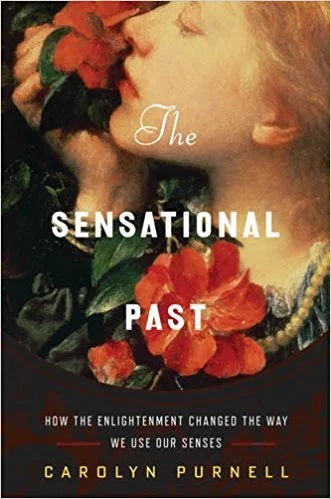Books
Blue Jeans
Object Lessons series
Americans have accepted jeans as a symbol of their culture, but today they are a global consumer product category. Levi Strauss made blue jeans in the 1870s to withstand the hard work of mining, but denim has since become the epitome of leisure. In the 1950s, celebrities like Marlon Brando transformed the utilitarian clothing of industrial labor into a glamorous statement of youthful rebellion, and now, you can find jeans on chic fashion runways. For some, indigo blue might be the color of freedom, but for workers who have produced the dye, it has often been a color of oppression and tyranny.
Blue Jeans considers the versatility of this iconic garment and investigates what makes denim a universal signifier, ready to fit any context, meaning, and body.
Few clothing items are as ubiquitous or casual as blue jeans. Yet, their simplicity is deceptive. Blue jeans are nothing if not an exercise in opposites.
Object Lessons is a series of short, beautifully designed books about the hidden lives of ordinary things. They are published in partnership with an essay series in The Atlantic.
Available for purchase from:
The Sensational Past:
How the Enlightenment Changed the Way We Use Our Senses
Blindfolding children from birth? Playing a piano made of live cats? Using tobacco to cure drowning? Wearing “flea”-colored clothes? These actions may seem odd to us, but in the eighteenth century, they made perfect sense.
As often as we use our senses, we rarely stop to think about their place in history. But perception is not dependent on the body alone. Carolyn Purnell persuasively shows that, while our bodies may not change dramatically, the way we think about the senses and put them to use has been rather different over the ages. Journeying through the past three hundred years, Purnell explores how people used their senses in ways that might shock us now. And perhaps more surprisingly, she shows how many of our own ways of life are a legacy of this earlier time.
The Sensational Past focuses on the ways in which small, peculiar, and seemingly unimportant facts open up new ways of thinking about the past. You will explore the sensory worlds of the Enlightenment, learning how people in the past used their senses, understood their bodies, and experienced the rapidly shifting world around them.
Available for purchase from:
Endorsements and Reviews
“A fun, historical page-turner filled with one awesome vignette after another on the curious social behavior of the day, Purnell’s book will enchant its audience.”
— Booklist
“[The Sensational Past] thoroughly yet lightheartedly explores the sensory theories of Europe’s 18th-century intelligentsia and how these ideas influence culture, lived experience, and scientific endeavors. . . . As Purnell enlightens readers on the origin of the word ‘restaurant’ or the medical reasons to ‘blow smoke up one’s ass,’ she reveals the many subtle ways we make sense of our world.”
— Publisher’s Weekly, starred review
“A fine companion to Diane Ackerman's A Natural History of the Senses. . . . [The Sensational Past is a] surprisingly moving . . . lively and edifying narrative with lessons for today.”
— Kirkus Reviews, starred review
“Carolyn Purnell’s insightful survey of the ways Enlightenment thinkers made sense of their world offers exciting new perspectives on how we see, smell, hear, taste, and touch our own. As entertaining as it enlightening, The Sensational Past is a dazzling debut by a talented young historian.”
— Peter S. Onuf, author of The Mind of Thomas Jefferson
“No other history of the Enlightenment is quite like this one! Brilliant insights about the past are juxtaposed with wry comments about how we think today. By finding compelling human-interest stories involving real people, Purnell produces a book that is at once entertaining, erudite, and original.”
— Gary Kates, professor of history at Pomona College and author of Monsieur d’Eon Is a Woman

